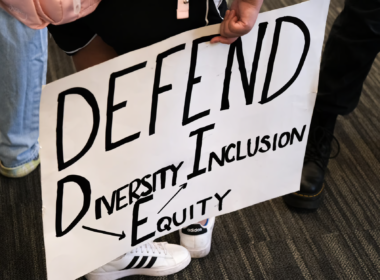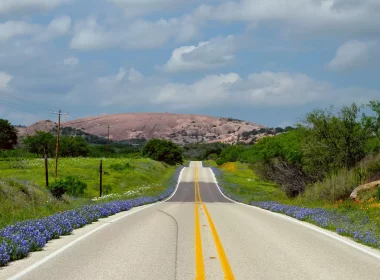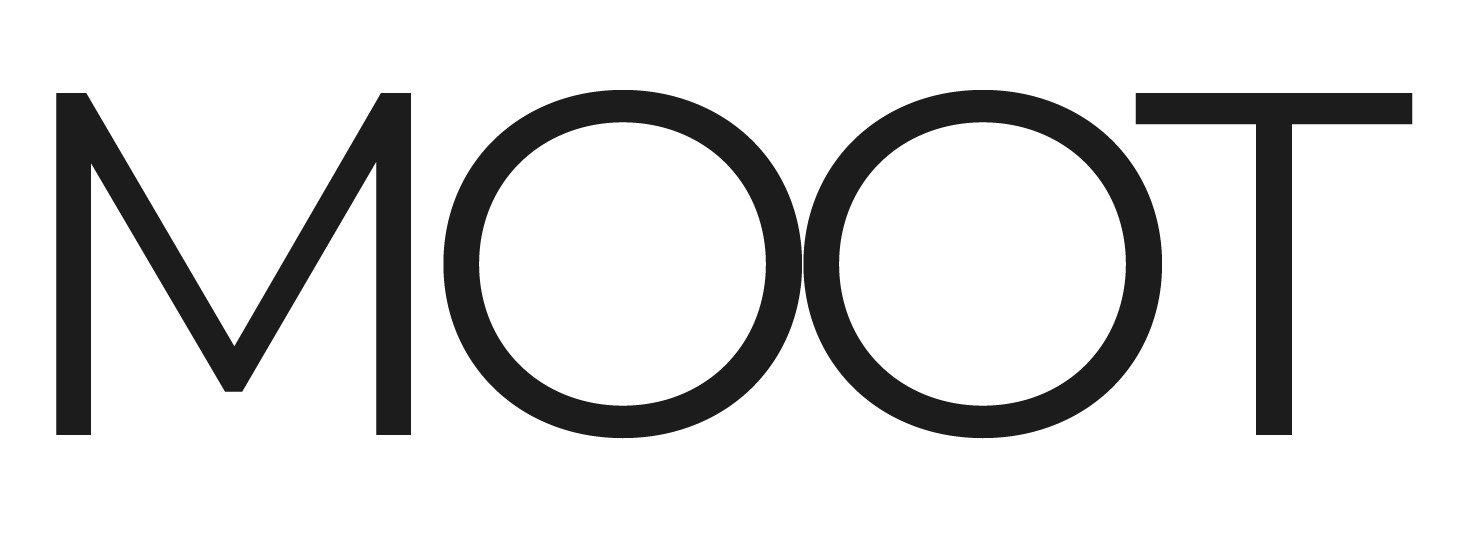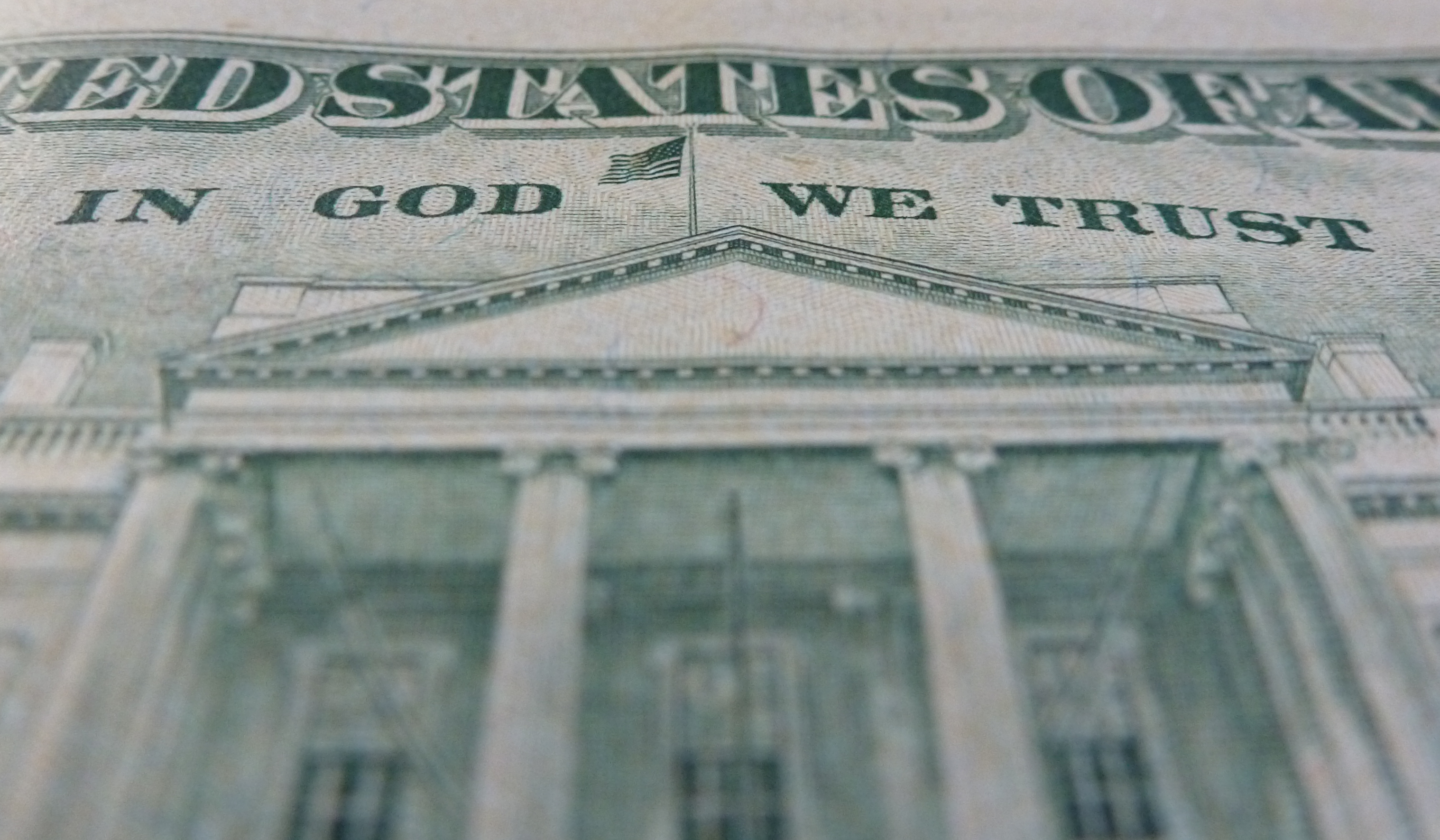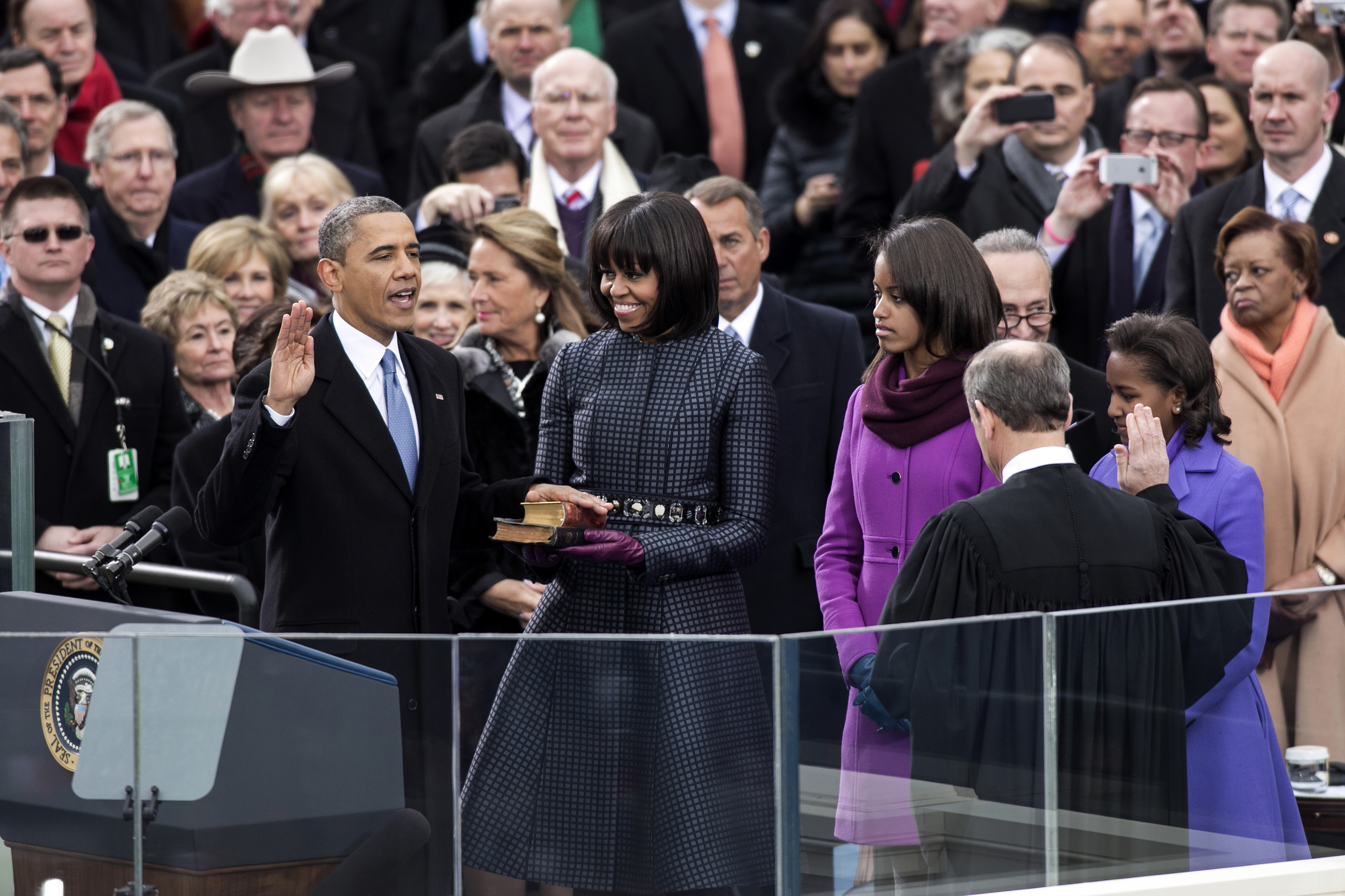The Gas about Religion and State
Like it or not, humans are predictable, no matter what you are hearing from mass media these days. Politics and religion are two of the most consistent and predictable behaviors of all. Can you remove politics from religion? No. Can you remove religion from politics? Maybe, but as Christianity has demonstrated, it is a dynamite way of manufacturing consensus. Especially in these latest elections in the USA, it seems clear that religion is a major player, and hype about this may be more hot air than fact.
On the first question, it seems that, going right back to Jesus, politics was integral to religion. He hadn’t even died before the jockeying for position started. In the apocryphal Gospels of Thomas, Philip, and Mary, a recurring theme is the issue of Mary Magdalene being a disciple just like Peter. They objected to her being his close companion.
So let’s get this straight: Peter is standing next to God’s presence on Earth, and all he can think about is making sure no one is closer than him? It’s no wonder those parts got omitted.
On the second question, there are numerous examples of the removal of the church from the actual running of the state, but few in which religion was not at least a minor player. In the case of the Russian Revolution, one result was Stalin. Not a religion, per se but he was able to enforce an idolatrous obedience. Hitler’s reign seems to make the same case. The long bloody history of Christianity and the Catholic Church seems to associate with dictatorship easily, and those examples may be informing supposed fears of religion in American politics.
Is religion a danger? That’s not so clear. The Catholic Church “owns”, religiously, all of Central and South America but does not govern any of the constituent countries. It’s not clear that it could if it wanted to. The fear of religion in government comes from the candid recognition that no other aspect of human social existence motivates us so basically or so thoroughly. That recognition is frankly paired with many examples of atrocities committed by people in groups. Because let’s face it: religion is nothing without the people who follow.
And that may be the key aspect right there. Does every individual understand that our basic instinct to congregate and behave as a group is powerful, so powerful that it will over ride most other sensibilities? Does every individual then recognize a responsibility to decide to opt out of a group, or even stand up to it, when it is being manipulated or simply going off the rails? That seems to be the real danger, the crux of the spirit of freedom and ultimately the defining test of a democracy: The extent to which every participant feels responsible.
The practical reality is that the mechanics of deciding leadership, and of governing large masses of people are pretty much the same in religion and politics. The differences are theoretical. The theory is that when individual rights are protected, it is possible for a single individual to have a momentous impact on the entire system. The reality is that this is also true under a religious system. See Martin Luther on that one.
The simple truth of it is that no system removes the danger of despotism and completely centralized power. If the democracy of today falls to pieces and becomes an elitist hegemony, it will be the will of the people. Those who did not vote, who should have, will be lamenting their lack of discipline. Ironically, Christians may actually be a positive influence in that regard. See Daniel, or Augustine, or Luther, or Job, or 2 Chronicles 15:7 “Be ye strong therefore, and let not your hands be weak: for your work shall be rewarded.” I’m an atheist. You don’t need to stop everything and let God invade your spirit, but you do need to vote. Why let hype interfere in making informed decisions?
